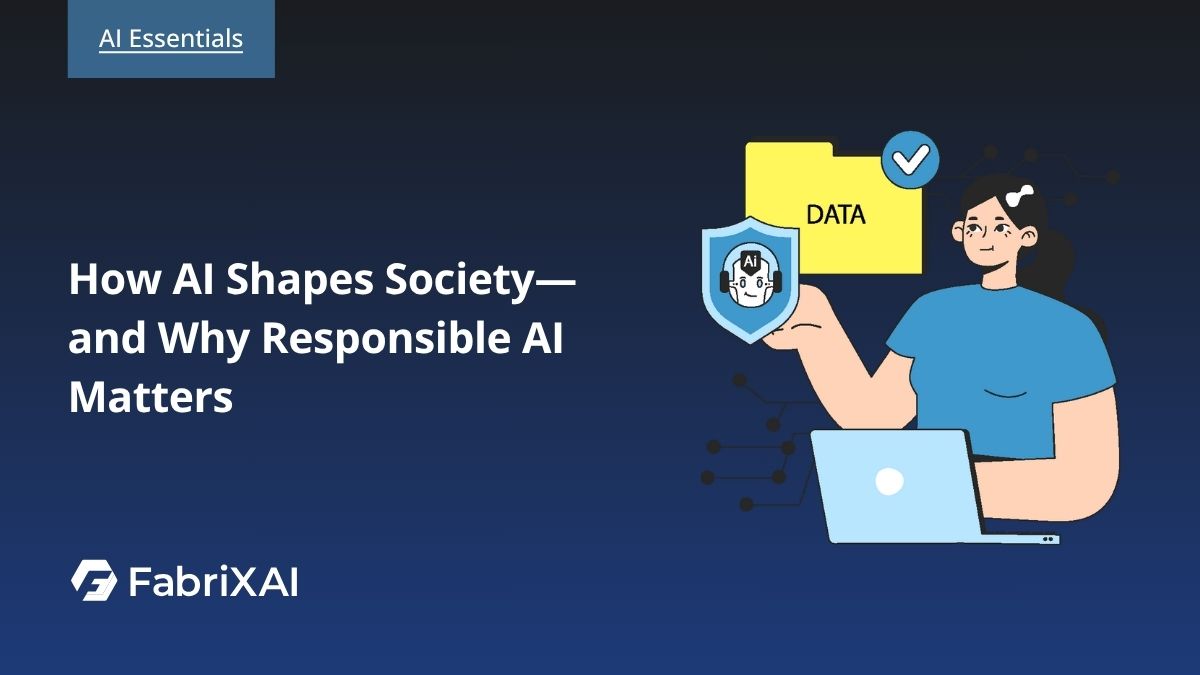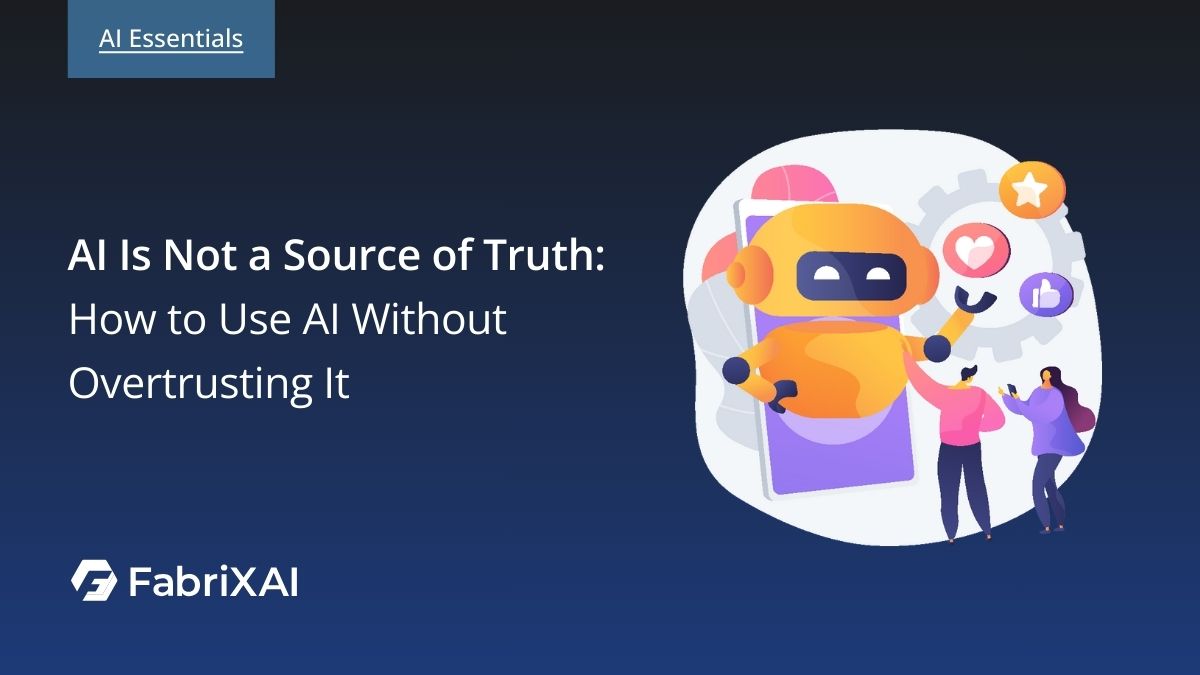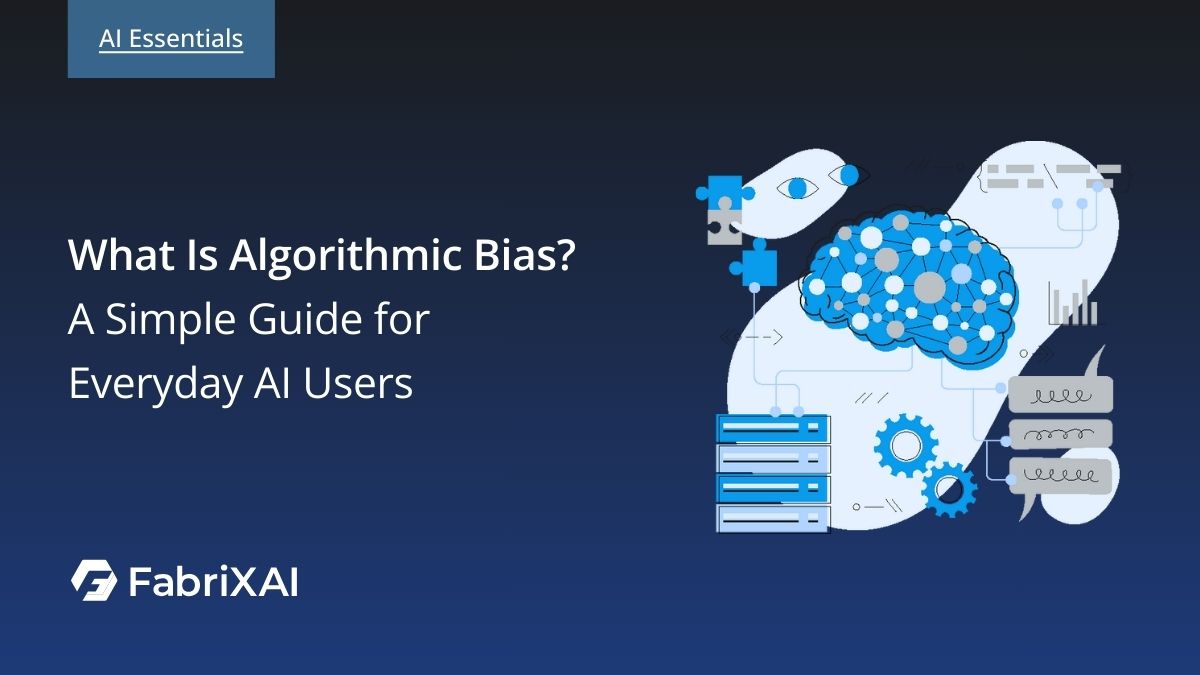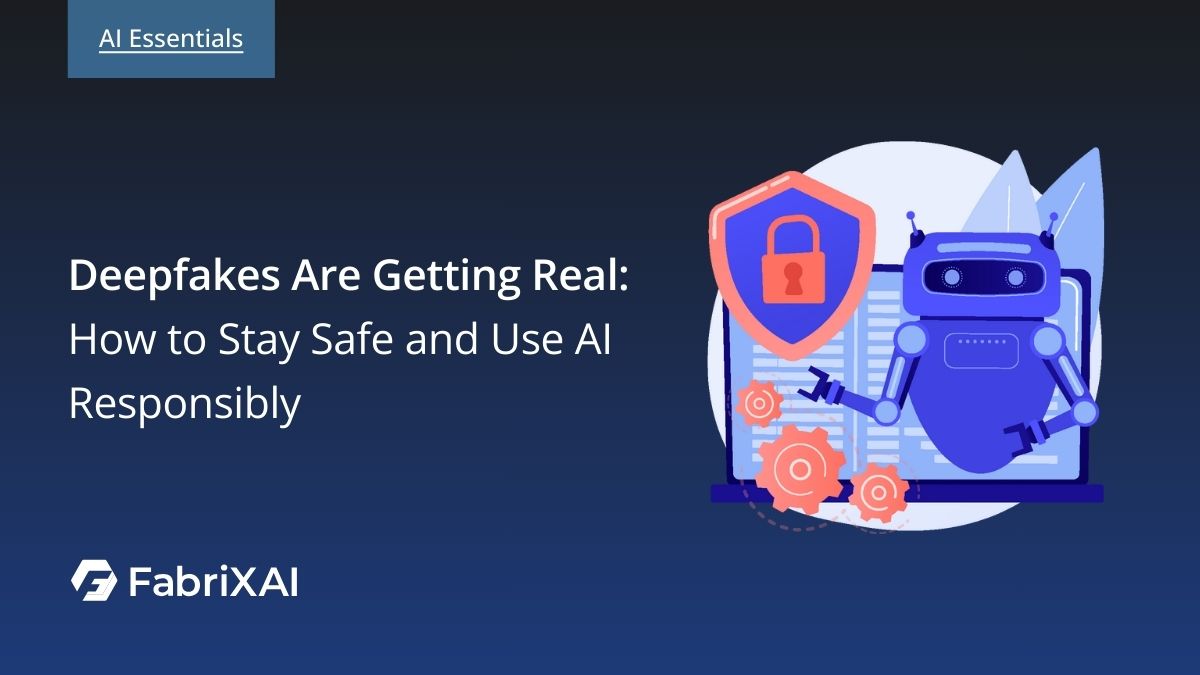How AI Shapes Society—and Why Responsible AI Matters

AI isn't just a technological advancement—it's a societal transformation that affects how we live, work, and interact with each other. The decisions we make today about AI will shape the kind of world we leave for the next generation. That’s why it’s essential to step back, look at the bigger picture, and reflect on how AI can impact society as a whole.
💡 New to the concept of Responsible AI?
Check out our beginner-friendly guide—What Is Responsible AI? A Beginner-Friendly Guide—to explore the core principles and practical applications.
The Societal Benefits of Responsible AI
When done right, Responsible AI can be a force for good—one that reaches far beyond individual organizations.
1. Promoting Inclusion and Diversity
AI designed with fairness in mind can help reduce bias and expand opportunity. In hiring, for example, it can focus on skills over stereotypes. In education, AI tools can adapt to individual learning needs, support students with disabilities, and break down language barriers through translation and voice recognition.
2. Building Trust and Fostering Innovation
People are more likely to adopt AI systems when they understand how they work and trust that they’re used fairly. Research shows that organizations with mature responsible AI practices report 82% higher employee trust and expect a 25% boost in customer loyalty and satisfaction through responsible AI adoption.
3. Driving Sustainable Economic Growth
Responsible AI contributes to long-term business value. It reduces risk, builds brand trust, and supports more stable, inclusive economic development—benefiting communities as well as companies.
The Risks of Ignoring Responsible AI
When AI is used irresponsibly, the consequences can be serious—not just for organizations, but for society at large.
1. Public Backlash and Loss of Social License
When AI systems discriminate or violate privacy, public trust erodes quickly. Companies may face reputational damage, media scrutiny, and lose their social license to operate—the informal approval society gives to businesses that act responsibly.
2. Regulatory Penalties and Legal Consequences
Global regulations are tightening. Laws like the EU AI Act impose steep fines for non-compliance. Beyond penalties, failures can trigger investigations, restrictions, and long-term oversight—affecting operations and growth.
3. Loss of Trust and Long-term Risk
AI that consistently harms or excludes people undermines trust in the technology itself. This not only slows adoption and innovation—it increases costs, drives away talent, and threatens long-term business viability.
Moving Forward: Your Role in Shaping AI's Future
You don’t need to be a data scientist to make a difference. As we conclude this introduction to Responsible AI, it's important to remember that you have a role to play in shaping AI's future, regardless of your technical background or job function. The choices you make as a consumer, employee, citizen, and advocate can influence how AI develops and how it's used in society.
- As a Professional: Ask critical questions, advocate for ethical design, and ensure diverse voices are part of AI decision-making.
- As a Consumer: Choose products and services aligned with responsible values. Ask how AI works and whether it's fair.
- As a Citizen: Engage in public discussions and support smart, inclusive AI policies.
- As an Advocate: Share what you’ve learned. Help others understand how AI affects them and what they can do.
Key Takeaway
The future of AI isn’t written yet. It will be shaped by the values, choices, and people—like you—who engage with it today.
Responsible AI is not a checklist. It’s an ongoing commitment:
To fairness. To transparency. To putting human values at the heart of innovation.
As you continue your journey with AI, remember that responsible AI is not a destination but an ongoing commitment to doing better, learning from mistakes, and always putting human values at the center of technological progress.
What's Next?
FabriXAI is a trusted partner for organizations building responsible AI. With expertise across strategy, data science, and ethics, we help enterprises implement fair, transparent, and accountable AI systems—aligned with global standards.
Learn more about our work at FabriXAI.
Frequently Asked Questions (FAQs)
Q1: What is the societal impact of AI?
AI influences how we live, work, and communicate. It can enhance inclusion, education, and healthcare—but without ethical oversight, it may also deepen inequality and erode trust.
Q2: Why does responsible AI matter beyond business?
Responsible AI protects individual rights, prevents discrimination, and sustains public trust. Its impact goes beyond profit—it shapes culture, access, and opportunity for all.
Q3: What are the consequences of irresponsible AI use?
Misuse of AI can lead to bias, privacy violations, reputational harm, and legal penalties. It can also undermine trust in technology and delay innovation.
Q4: How can non-technical people support responsible AI?
You can ask critical questions, advocate for fairness, support ethical policies, and choose products aligned with responsible AI practices—even without coding skills.
Q5: How does responsible AI support long-term growth?
It minimizes risk, boosts trust, and promotes equitable access—driving sustainable business performance, stronger communities, and wider technology adoption.



